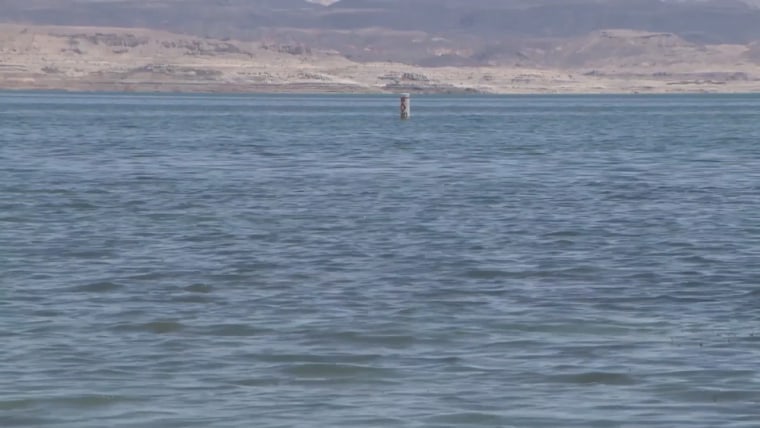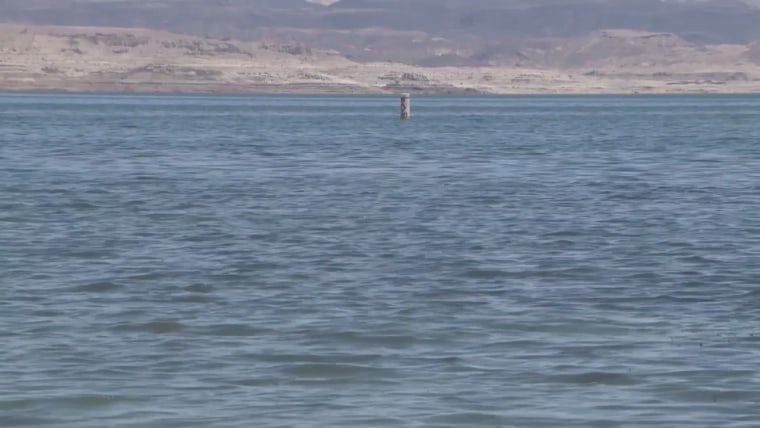A Georgia resident has died from a rare brain-eating amoeba after they were likely infected while swimming in a freshwater lake or pond, officials said.
The resident, who has not yet been identified, died after being exposed to Naegleria fowleri, which can cause a rare infection that “destroys brain tissue, causing brain swelling and usually death,” the Georgia Department of Public Health said in a news release Friday.
It was not clear exactly when the resident died or where they were swimming when they contracted the infection.
“Naegleria fowleri is an amoeba (single-celled living organism) that lives in soil and warm, freshwater lakes, rivers, ponds, and hot springs,” the health department said. It noted that the amoeba is not found in salt water or in properly treated drinking water or swimming pools.
The amoeba is known as the “brain-eating amoeba” because it can cause a brain infection when water containing the amoeba goes up the nose, the health department said. “It cannot infect people if swallowed and is not spread from person to person,” the department noted.
The deadly infection is rare, with only about three people in the United States contracting it each year, “but these infections are usually fatal,” the health department said.
Prior to this latest case, there have been five other cases reported in Georgia since 1962, according to the department.
There have been multiple other cases reported in the U.S. so far this year.
In July, a 2-year-old boy from Nevada was confirmed to have died from a Naegleria fowleri infection.
The boy, from Lincoln County, just north of the Las Vegas area, may have been exposed at Ash Springs, a natural hot spring in the county, the Nevada Division of Public and Behavioral Health said.
In February, a man in Florida also died from an amoeba, which he may have contracted after he rinsed his sinuses with tap water, health officials said.
Last year, there were three confirmed cases of Naegleria fowleri that were believed to have occurred after exposure to freshwater in Iowa, Nebraska and Arizona, according to data from the U.S. Centers for Disease Control and Prevention. Three cases were also reported each year in 2019, 2020 and 2021.
“Though the risk of infection is low, recreational water users should always assume there is a risk when they enter warm fresh water,” the Georgia Department of Public Health said. “If you choose to swim, you can reduce your risk of infection by limiting the amount of water that goes up the nose.”
Symptoms of an infection can include “severe headache, fever, nausea and vomiting and progress to stiff neck, seizures, and coma that can lead to death,” the department said. “Once symptoms start, the disease progresses rapidly and usually causes death within about five days.”
Source: | This article originally belongs to Nbcnews.com











